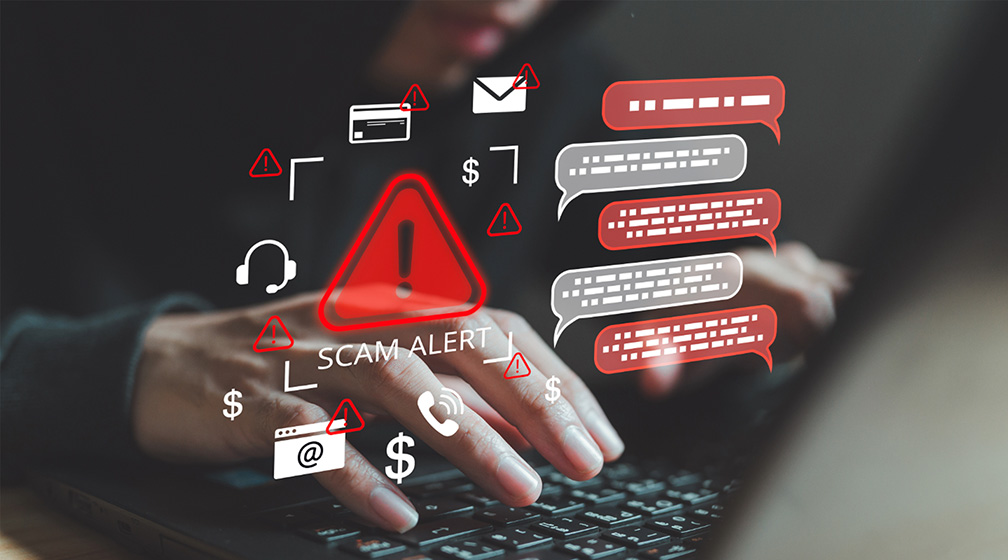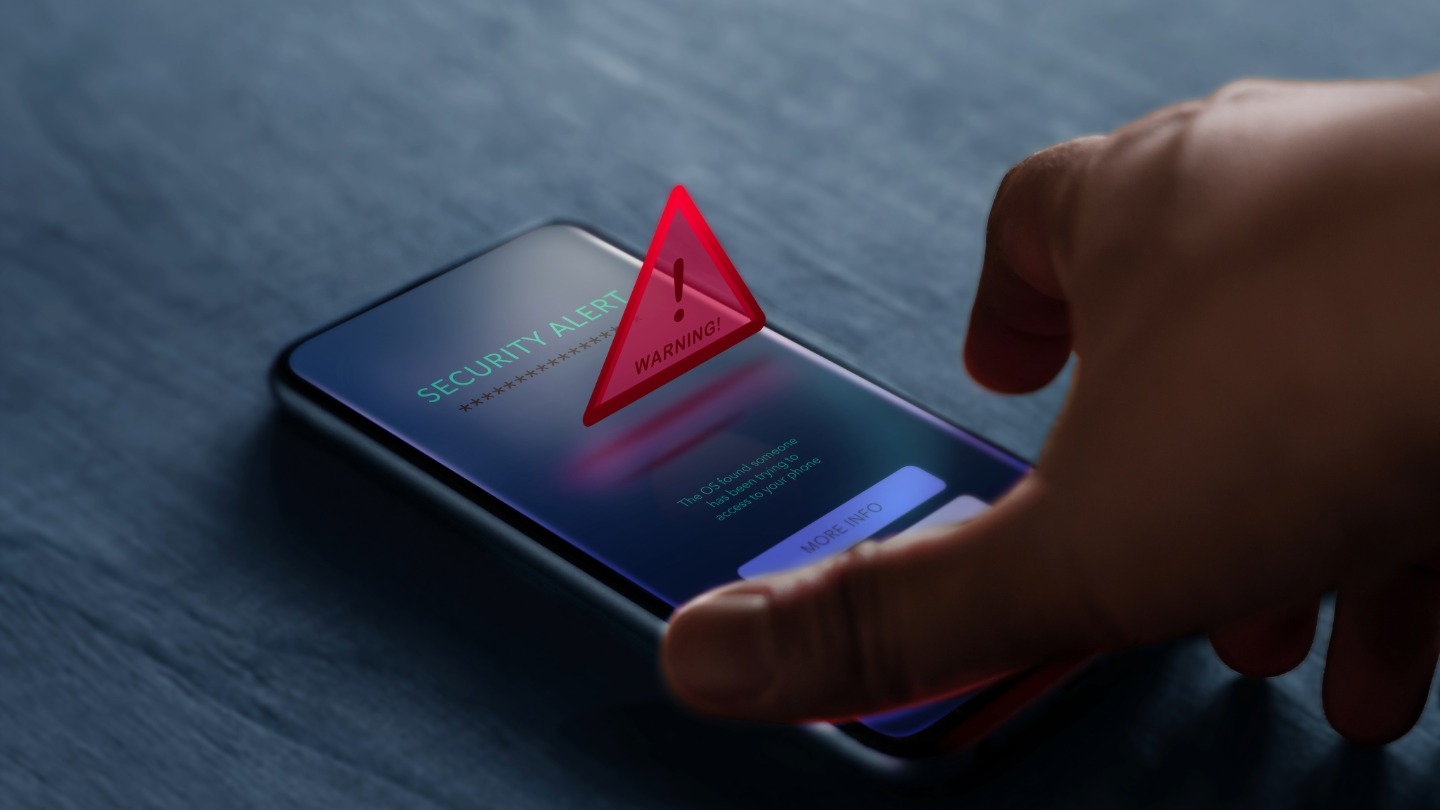
Child identity theft is becoming a serious and costly problem that can affect families long after their children become adults. In fact, more than a million children were affected by identity theft and it cost families more than $540 million out of pocket in 2017 alone.
Do you feel confident spotting the signs of child identity theft before it's too late for your family? Here's what every parent needs to know.
Why Child Identity Theft Happens
According to that same study by Javelin Strategy, two-thirds of the victims were 7 years old or younger and 6 in 10 of the victims knew the fraudster personally. Children aged 6-11 were the most vulnerable group.
A child’s stolen information can be used to:
- Open new lines of credit
- Open new bank accounts
- Apply for jobs and loans
- List the child as a dependent on a fraudulent tax return
- Give false information to law enforcement
If an identity thief obtains a child's information and uses it to commit fraud, it could go unnoticed for years if the child's credit is not being actively monitored. The child's personal Identifiable information could then be sold on the black market at a premium because child identity theft is so much more likely to go unnoticed until the child begins applying for housing, student loans, jobs, and credit cards as an adult.
The longer your child’s identity has been compromised, the longer it takes to recover their credit.
3 Tips to Prevent Child Identity Theft
Fortunately, there are steps you can take to protect the identity of your child. While nobody is safe from external threats like data breaches or skimming, there are ways to monitor your child’s credit in case something happens and prevent information from falling into the wrong hands.
1. Keep track of your child's personally identifiable information (PII):
This information could include:
- The child's full names
- Social security number
- Driver's license number
- Passport number
- Bank account number
- Doctor's records
- School Photos with names attached
Think of all the places that may store your child's sensitive information. It could be stored at their doctor’s offices, schools, daycares, and even your accountant's office. It may be stored either digitally or physically. Even a school picture with your child’s name attached could be used to identify them on social media and then used to steal their identity.
Make sure that forms or any papers containing sensitive information are kept in a safe place and shredded before disposal.Never give out your child's information without ensuring that there are security measures in place to protect it. Ask the following questions of any organization that keeps track of sensitive personal data:
- Where are the forms and papers stored physically? Are all papers shredded before disposal?
- Where is my child’s information stored digitally? What kind of online security protocols are in place to deter hackers from accessing it?
- Who else has access to my child's personal information?
- When my child is no longer a patient/student/etc., what happens to their personal information?
2. Consider freezing your child's credit
You can choose to pre-emptively place a freeze on your child's credit with all three of the major credit bureaus - Equifax®, Experian®, and TransUnion® - to ensure that no fraudulent lines of credit will be opened in their name until the freeze is lifted.You'll need the same kind of documentation you’d need to freeze your own credit. You’ll also need a birth certificate and proof that you have the authority to freeze their credit. You'll also need to request the freeze from each bureau separately:
- Equifax freeze request form for minors Experian only allows freezes on minors 14 years or older Transunion fraud alert and freeze forms for minors
If you choose to freeze your child's credit, be very careful! You're required to supply a specific PIN number to lift or 'thaw' the credit freeze once your child becomes an adult, which could mean keeping track of a pin number for a decade or longer. If you're worried about keeping track of a PIN, consider a family identity theft protection policy instead.
3. Talk with your child about the importance of online safety
Make sure that your child is aware of the importance of online safety. The more they understand the dangers of sharing sensitive information online, the safer they'll be.
Talk with your children about:
- Interacting with strangers online
- Filling out online contact forms
- Creating accounts on websites
- Signing up for certain services or online shopping
Monitor their internet usage and ensure they are steering clear of dangerous sites and other internet users who might cause them harm.
Warning Signs of Child Identity Theft
The following could signal that your child's identity is under attack:
- Unpaid fine notices: If your child receives notices about unpaid fines when they apply for their driver's license, this could mean they are already a victim of identity theft.
- Credit card mail offers: If you receive mail addressed to your child about credit cards that they've pre-qualified for, a card may have already be open in their name. Rather than ignoring it because you think it’s a mistake or technical error, take steps to ensure that no fraud has occurred.
- Being denied government benefits: If your child is denied for government benefits like food stamps or health care, or you are unable to claim them as a dependent on your taxes, it's possible that someone has already used their social security number for these purposes.
- IRS notices addressed to your child: If an IRS notice states that your child hasn’t paid required income taxes or that their SSN has been used on a tax return, it's time to investigate for identity theft.
- Collection calls and bills in their name: If you’re getting calls about money owed or you receive bills in the name of your child, their information may have been used fraudulently to make purchases.
What to do if Your Child's Identity is Stolen
If you’re suspicious that your child is a victim of identity theft, contact the three major credit bureaus. Reach out to all three separately when taking these steps. Here’s what to cover:
- Request a manual search of your child's file: A manual search will examine all files associated with both their name and social security number and files with only their social security number.
- Request to remove information associated with your child: You can then request that each credit bureau remove all information that is associated with your child's name or social security number upon providing them with a copy of the Uniform Minor’s Status Declaration, which proves that your child is indeed a minor.
- Request a fraud alert: For this step, you only need to call one of the three major bureaus because they'll contact the other two. Place a fraud alert on your child's credit report to be notified whenever their Social Security number is used.
- Contact the business where fraud occurred: Let them know that your child is a minor and that the account activity was fraudulent. Request that they close the account and do not hold your child liable for any purchases.
- Consider a credit freeze: If your child was a victim of identity theft, it’s a good idea to freeze their report to ensure the thief cannot continue to use their information. This step is absolutely critical until their identity is secure again.
- Report any suspicious activity: Report identity theft to the FTC by calling 877-438-4338, or visiting IdentityTheft.gov.
- Consider identity theft protection: It can quickly identify signs of identity theft while providing 24/7 credit report monitoring.







